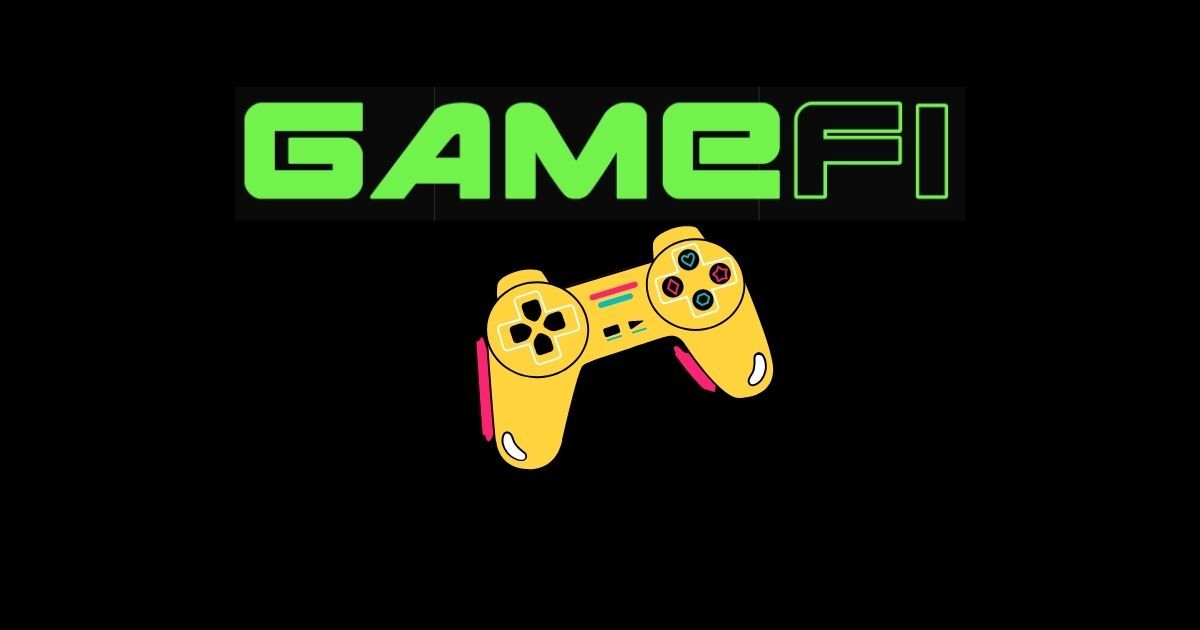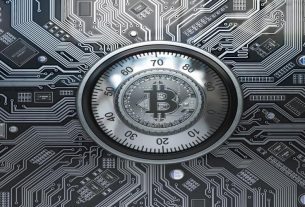Introduction
GameFi is a new trend that combines the worlds of gaming and decentralized finance (DeFi). By leveraging blockchain technology and digital assets, GameFi offers gamers new ways to earn rewards, socialize, and engage with the gaming ecosystem. In this article, we will explore the potential of GameFi to revolutionize the gaming industry, and how it is already changing the way we think about gaming and finance.
GameFi Benefits
GameFi offers several benefits to gamers and developers alike. One of the biggest benefits is the ability to earn real-world rewards for playing games. Unlike traditional games, where players can only earn in-game currency or items, GameFi games allow players to earn cryptocurrency and other digital assets that can be used in the wider DeFi ecosystem. This creates a more engaging and rewarding gameplay experience, while also providing players with a new source of income.
Another benefit of GameFi is the ability to create more social and interactive gaming experiences. GameFi games often include features like token trading, NFT auctions, and other DeFi mechanisms, which allow players to interact with each other in new and exciting ways. This creates a more immersive gaming experience, where players can socialize, compete, and collaborate in a decentralized and trustless environment.
GameFi also offers benefits to game developers. By leveraging blockchain technology, game developers can create games with more transparent and secure transactions, while also reducing the risk of fraud and cheating. Additionally, GameFi games can generate revenue through tokenomics and DeFi-like mechanisms, which could create a more sustainable business model for game developers in the long run.
GameFi Use Cases
GameFi has several potential use cases in the gaming industry. One use case is the ability to create decentralized gaming platforms, where players can access a wide range of games and services without the need for intermediaries like app stores or publishers. This could create a more open and competitive gaming ecosystem, where developers and players have more control over their games and data.
Another use case is the ability to create games that incorporate DeFi features like lending, borrowing, and staking. These games could offer players new ways to earn rewards, while also contributing to the wider DeFi ecosystem. For example, a GameFi game could allow players to lend their in-game assets to other players, earning interest in the process.
GameFi also has potential use cases in the esports industry. Esports events could leverage GameFi to create more engaging and rewarding gameplay experiences, while also creating new revenue streams for players and organizers. For example, a GameFi-powered esports event could offer prizes in the form of cryptocurrency or NFTs, which could be traded or used in other DeFi applications.
Challenges and Opportunities
While GameFi offers many benefits and use cases, there are also several challenges that need to be addressed. One of the biggest challenges is scalability. Many blockchain networks, such as Ethereum, have limited transaction capacity, which could make it difficult for GameFi games to handle large volumes of players and transactions. This could result in high transaction fees and slow transaction times, which could make the games less attractive to players.
Another challenge is the regulatory landscape. As GameFi games involve the use of cryptocurrency and other digital assets, they could be subject to regulation by financial authorities. This could create legal and compliance challenges for GameFi game developers, who may need to navigate a complex web of regulations in different jurisdictions.
Despite these challenges, there are also several opportunities for GameFi. One of the biggest opportunities is the potential to create new business models for game developers. In traditional games, game developers make money by selling copies of the game or by charging players for in-game purchases.
Tokenomics and DeFi Mechanisms in GameFi
One of the key features of GameFi is the use of tokenomics and DeFi mechanisms to create a more engaging and sustainable gaming ecosystem. Tokenomics refers to the economic design and management of digital assets, while DeFi refers to decentralized finance applications that leverage blockchain technology to create new financial systems.
In GameFi, tokenomics and DeFi mechanisms are used to create new ways for players to earn rewards, interact with the gaming ecosystem, and contribute to the wider DeFi ecosystem. For example, GameFi games may incorporate token staking mechanisms, where players can earn rewards by locking up their tokens for a set period of time. This incentivizes players to hold and use the game’s native tokens, which could create a more sustainable token economy for the game.
GameFi games may also incorporate token trading mechanisms, where players can buy and sell in-game assets and tokens on decentralized exchanges. This creates a more liquid market for in-game assets, while also allowing players to monetize their gameplay activities. Additionally, token trading can create a new source of revenue for game developers, who can earn fees on token transactions.
Another DeFi mechanism that can be used in GameFi is liquidity mining. Liquidity mining involves providing liquidity to decentralized exchanges, which can earn users rewards in the form of cryptocurrency or other digital assets. GameFi games could incorporate liquidity mining as a way to incentivize players to provide liquidity to the game’s token market, which could increase the liquidity of the game’s tokens and create a more active market.
Potential Impact on the Gaming Industry
GameFi has the potential to revolutionize the gaming industry in several ways. One of the biggest impacts could be on the business models of game developers. In traditional games, game developers rely on sales and in-game purchases to generate revenue. In GameFi, however, game developers can create games that generate revenue through tokenomics and DeFi mechanisms. This could create a more sustainable and profitable business model for game developers, while also providing players with new ways to earn rewards.
GameFi could also have an impact on the way games are developed and marketed. With decentralized gaming platforms, game developers could have more control over the distribution and promotion of their games, without the need for intermediaries like app stores or publishers. Additionally, GameFi games could create more social and interactive gameplay experiences, which could increase player engagement and retention.
Finally, GameFi could have an impact on the wider DeFi ecosystem. By creating new use cases for digital assets and blockchain technology, GameFi could contribute to the growth and adoption of decentralized finance applications. This could create new opportunities for DeFi developers and investors, while also promoting a more open and decentralized financial system.
Conclusion
GameFi is an exciting new trend that combines the worlds of gaming and decentralized finance. By leveraging blockchain technology and digital assets, GameFi offers gamers new ways to earn rewards, socialize, and engage with the gaming ecosystem. While GameFi is still in its early stages, it has the potential to revolutionize the gaming industry and create new opportunities for game developers and players alike.
I am a highly experienced and successful cryptocurrency author. I have been writing about cryptocurrencies for over 5 years and have seen the industry grow and change immensely. I am well-versed in all things crypto and blockchain, and it can be seen in my writings. My goal is to educate others about this fascinating industry, and to help them make informed investment decisions. I believe that cryptocurrencies are the future of finance, and I am eager to share my knowledge with as many people as possible.




